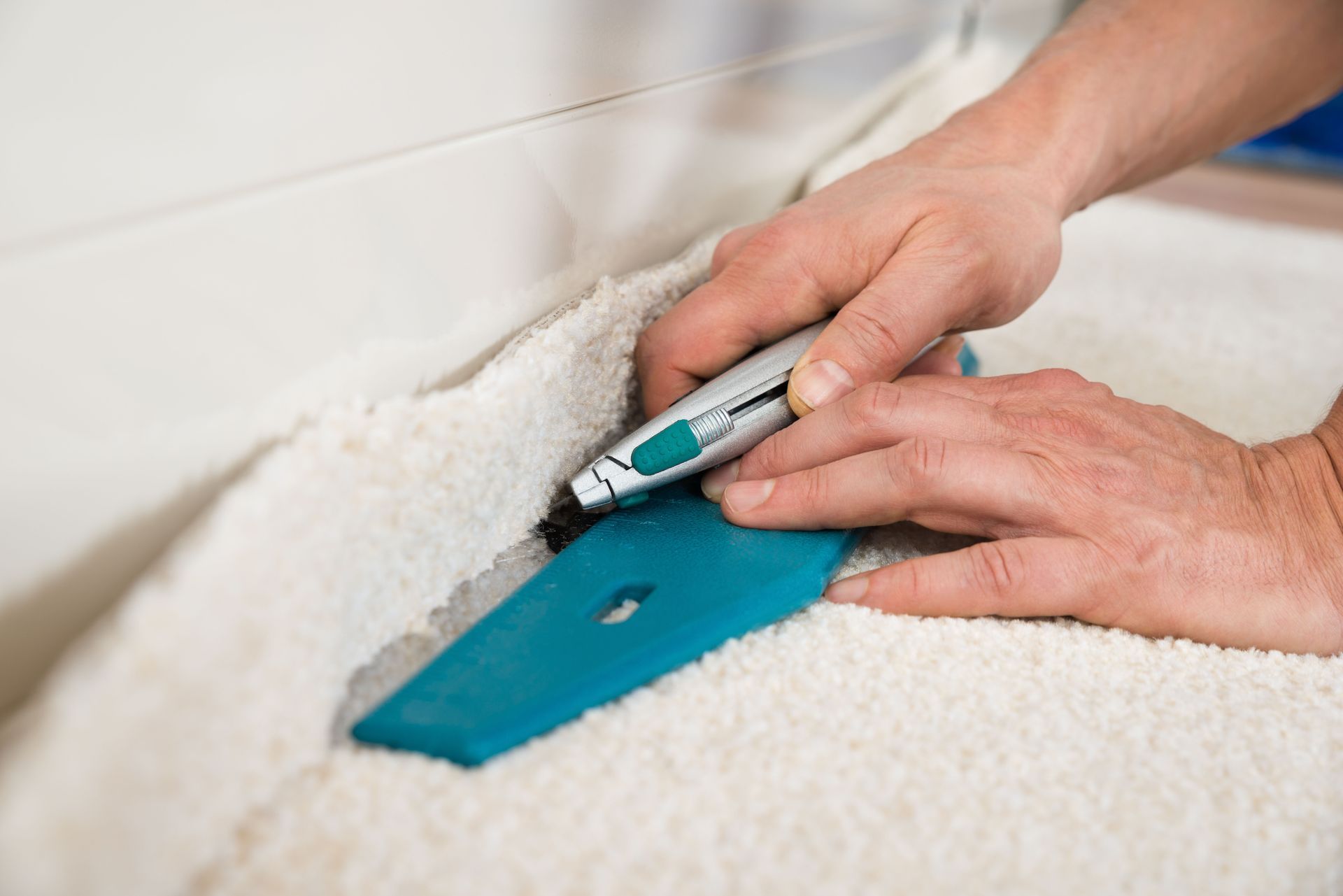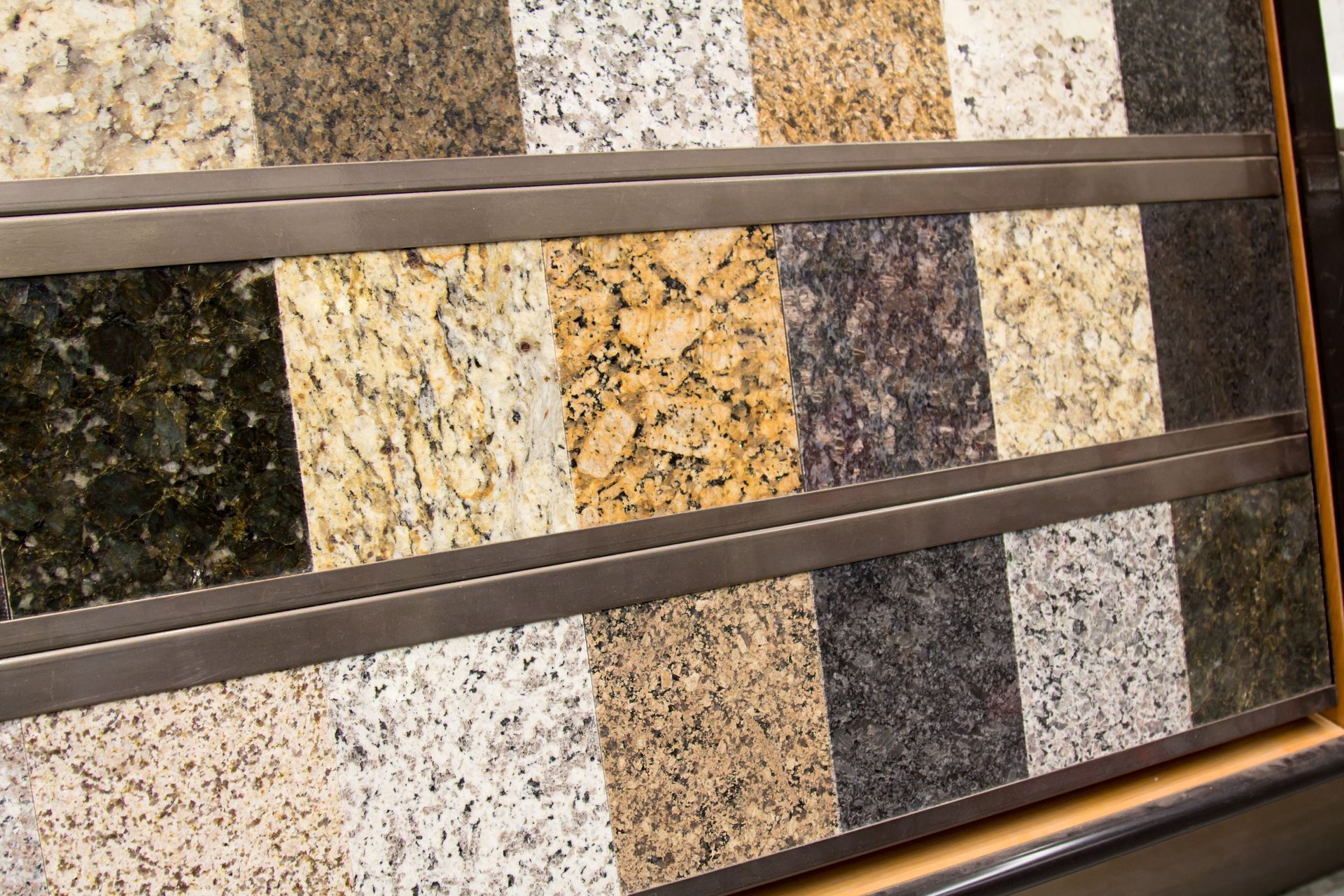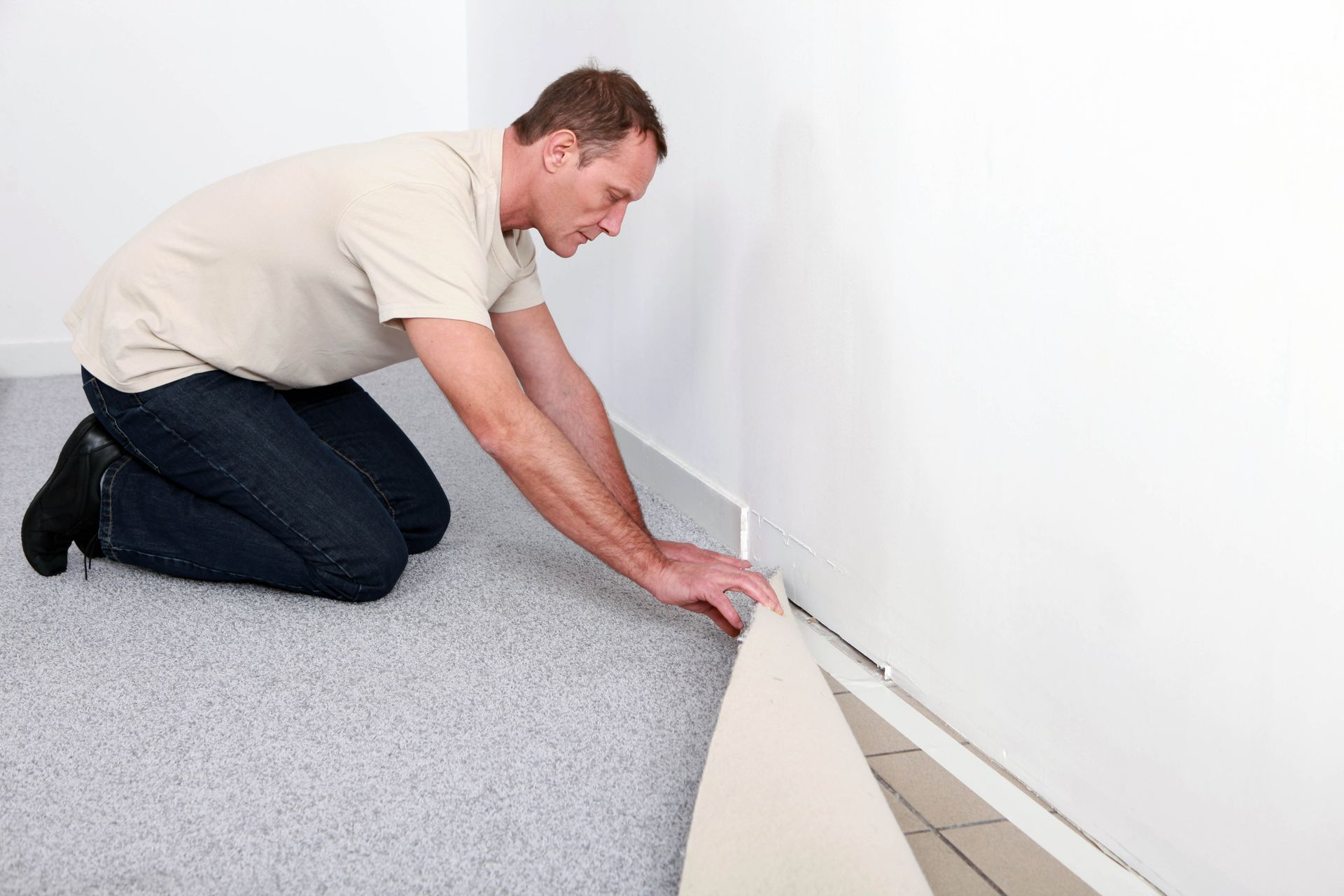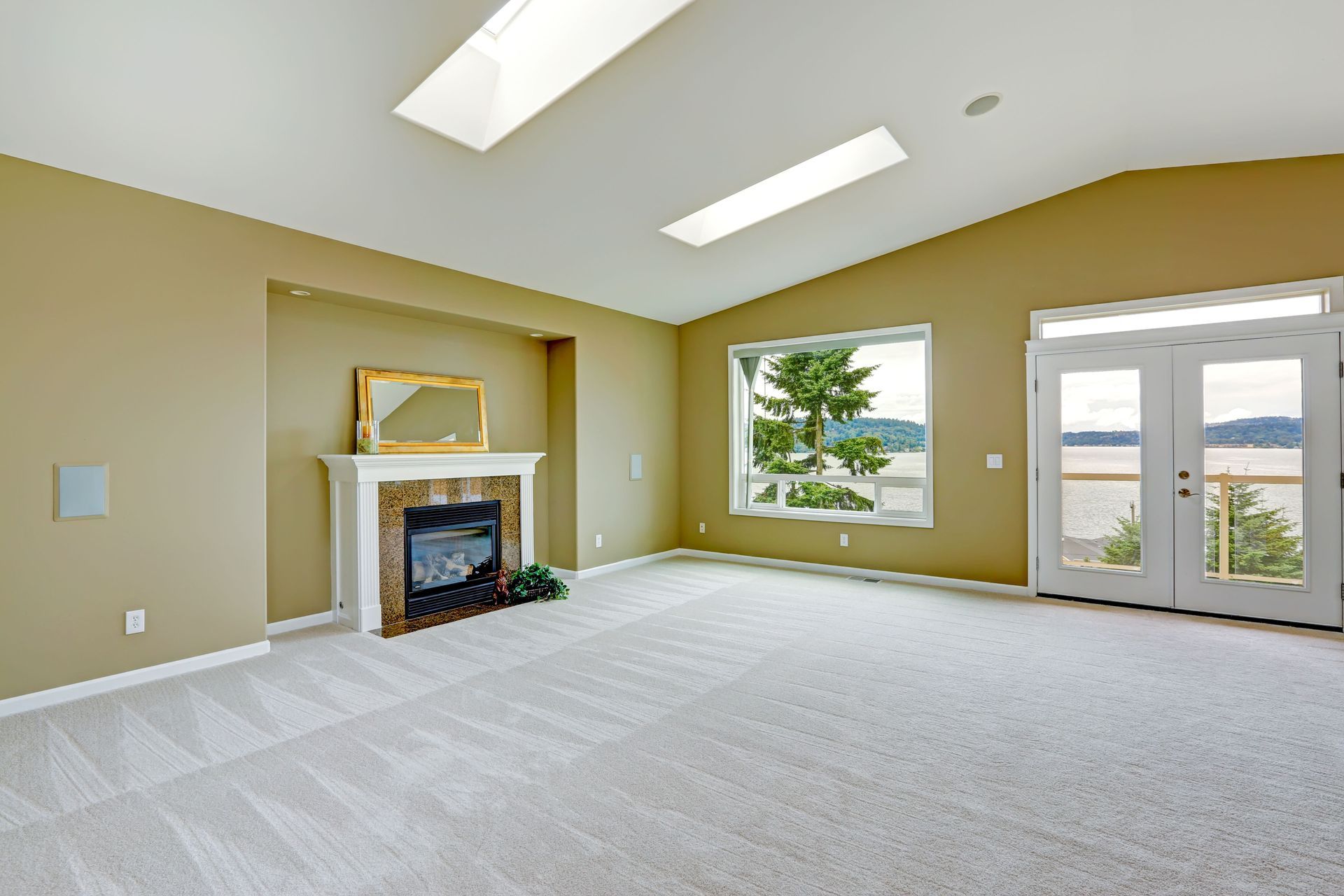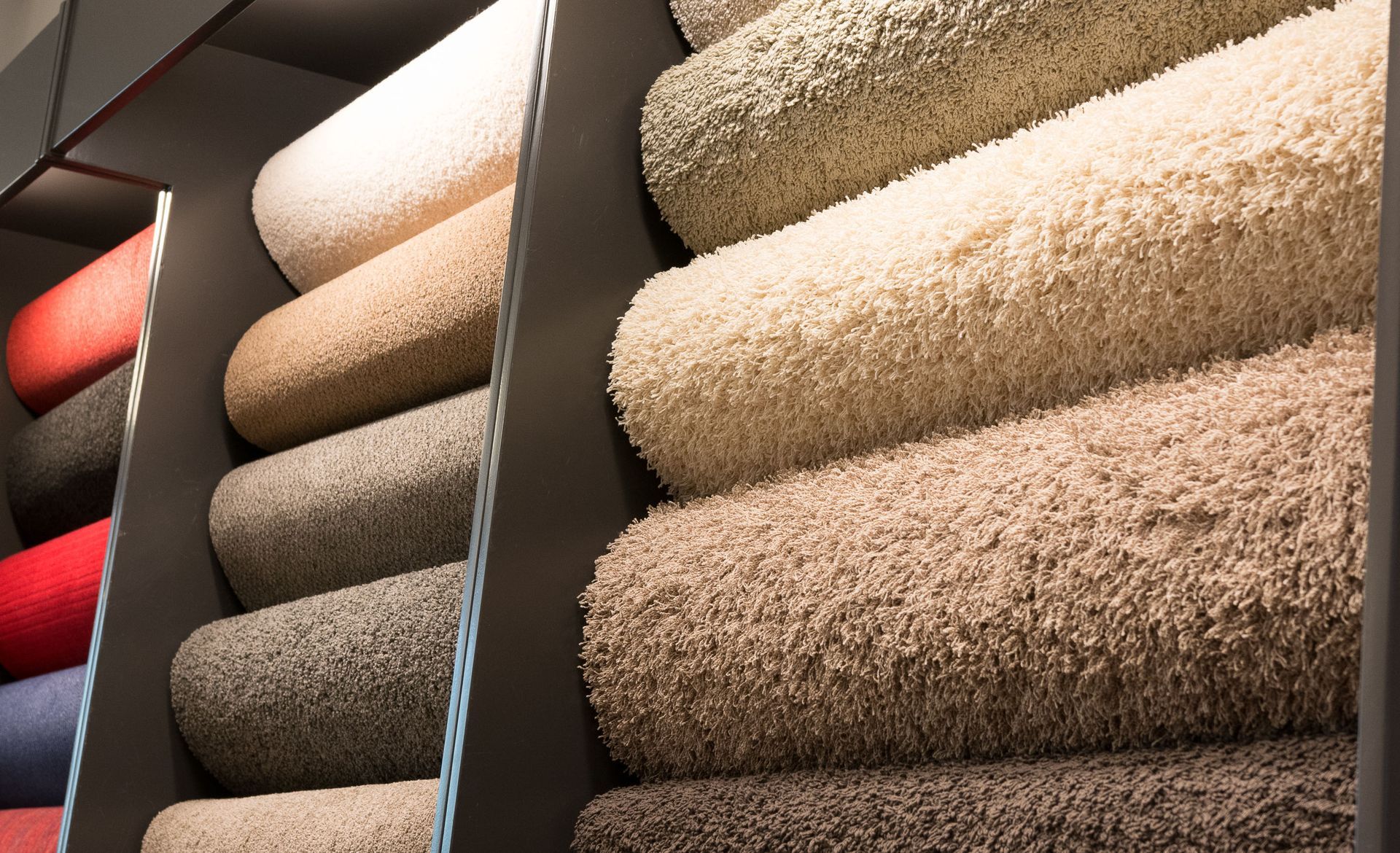Blog
The Fargo Flooring Store
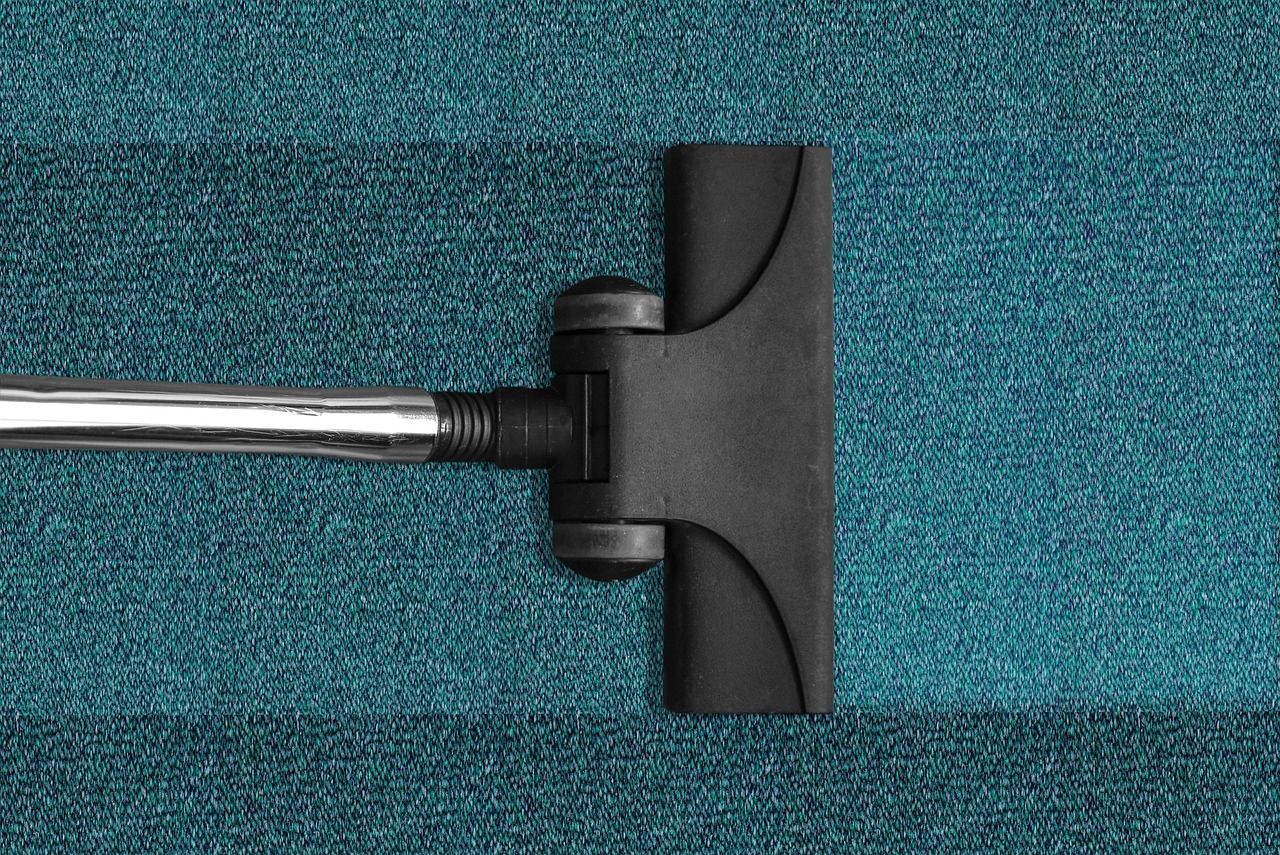
Nylon and polyester are two common materials used in the manufacturing of carpets. Here are the key differences between nylon and polyester carpet: 1. Durability: Nylon: Generally, nylon carpets are more durable and resilient than polyester carpets. Nylon fibers have a higher level of strength and can withstand heavy foot traffic and abrasion over an extended period. Polyester: While polyester carpets are durable, they may not be as resilient as nylon. They are more prone to matting and crushing, particularly in high-traffic areas. 2. Stain Resistance: Nylon: Nylon has good stain resistance, especially when treated with stain-resistant coatings. It is easier to clean and maintain, making it a suitable choice for areas prone to spills and stains. Polyester: Polyester is naturally more stain-resistant than nylon due to its molecular structure. However, it may be more challenging to remove stains once they occur. 3. Price: Nylon: Nylon carpets are generally more expensive than polyester carpets. The higher cost reflects the enhanced durability and performance characteristics of nylon. Polyester: Polyester carpets are more budget-friendly compared to nylon. They provide a cost-effective option for homeowners looking for a more economical flooring solution. 4. Appearance and Feel: Nylon: Nylon carpets often have a luxurious feel and appearance. They can hold vibrant colors and patterns well, providing a visually appealing and soft texture underfoot. Polyester: Polyester carpets are known for their luxurious and soft feel. They also hold color well, providing a wide range of design options. 5. Moisture Resistance: Nylon: Nylon is more resistant to moisture and is less likely to absorb water. This characteristic makes it suitable for areas with high humidity or occasional spills. Polyester: Polyester is inherently more absorbent than nylon, making it susceptible to moisture absorption. It may be less suitable for areas prone to spills or damp conditions. 6. Environmental Impact: Nylon: Nylon is not biodegradable and is derived from petrochemicals. Some manufacturers produce recycled nylon, contributing to sustainability efforts. Polyester: Polyester can be made from recycled materials, such as PET bottles. It is considered more environmentally friendly than nylon in terms of recyclability. When choosing between nylon and polyester carpet, it's essential to consider factors such as budget, desired performance characteristics, and the specific requirements of the intended space.
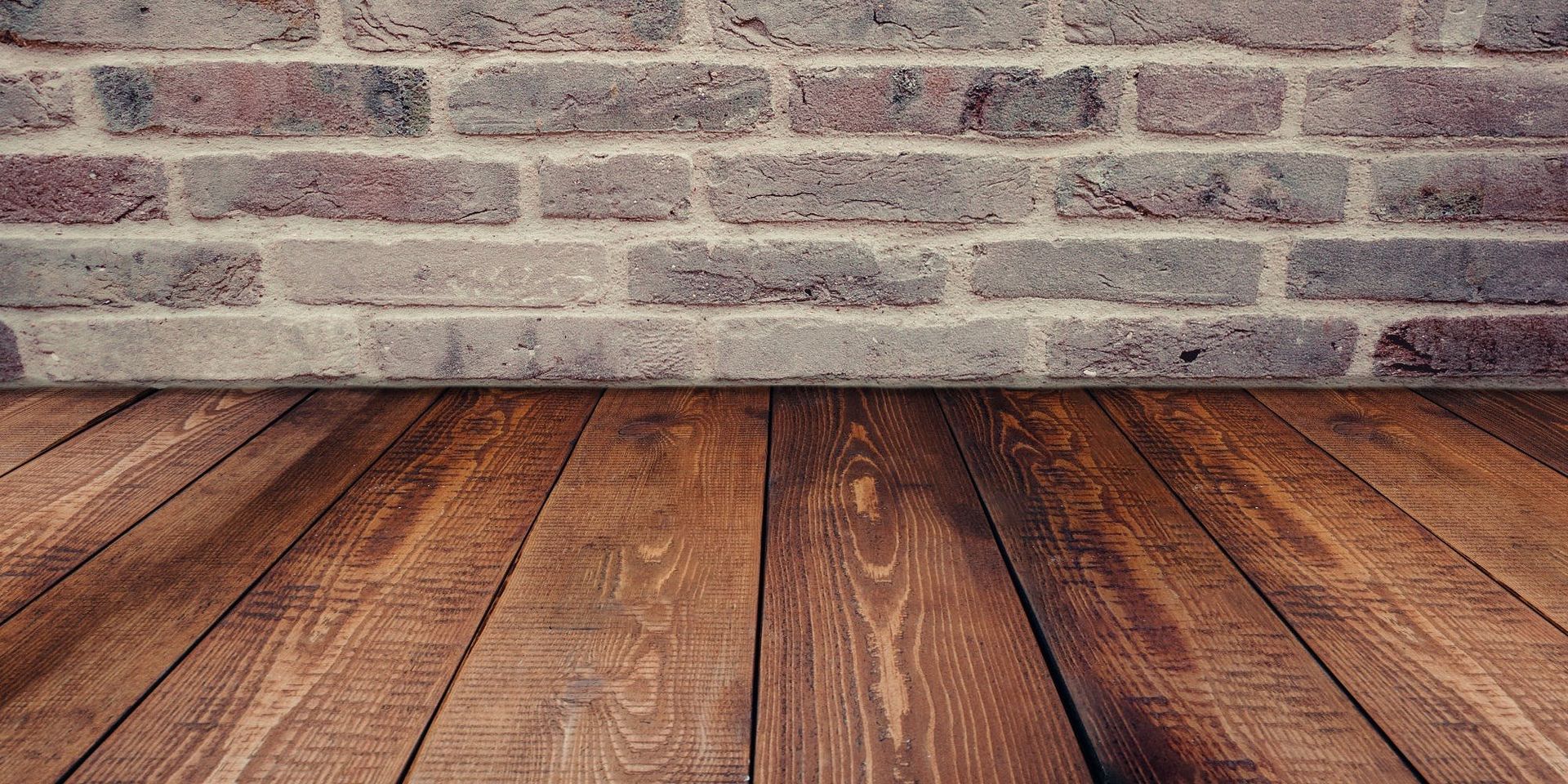
The choice of flooring for a new house depends on factors such as personal preferences, lifestyle, budget, and the specific needs of each room. Here are some top flooring products commonly chosen for different areas within a new home: Hardwood Flooring: Best For: Living rooms, dining rooms, bedrooms. Advantages: Timeless and elegant appearance, adds value to the home, durable and can be refinished. Luxury Vinyl Plank (LVP): Best For: Any room, including high-moisture areas like bathrooms and kitchens. Advantages: Affordable, realistic wood look, durable, easy maintenance, and versatile. Porcelain or Ceramic Tile: Best For: Bathrooms, kitchens, entryways, and high-traffic areas. Advantages: Water-resistant, durable, wide range of styles and designs, easy to clean. Carpet: Best For: Bedrooms, family rooms, home offices. Advantages: Soft and comfortable underfoot, wide variety of colors and textures, can provide insulation and noise reduction. Engineered Hardwood: Best For: Basements, areas with fluctuating humidity levels. Advantages: Real wood veneer, more resistant to moisture than solid hardwood, versatile installation options. Laminate Flooring: Best For: Living areas, bedrooms. Advantages: Budget-friendly, durable, easy to install, available in various styles. Bamboo Flooring: Best For: Living rooms, bedrooms. Advantages: Eco-friendly, unique and natural appearance, durable. Concrete Flooring: Best For: Basements, modern or industrial-style interiors. Advantages: Durable, easy to clean, can be polished or stained for a customized look. Natural Stone: Best For: Entryways, kitchens, bathrooms. Advantages: Timeless and luxurious appearance, durable, can add value to the home. Cork Flooring: Best For: Living rooms, bedrooms. Advantages: Renewable and eco-friendly, comfortable underfoot, resistant to mold and mildew. When choosing flooring for your new house, consider factors like durability, maintenance requirements, aesthetics, and how well the flooring material suits the function of each room. It's also beneficial to balance your preferences with practical considerations to ensure a long-lasting and visually appealing result.
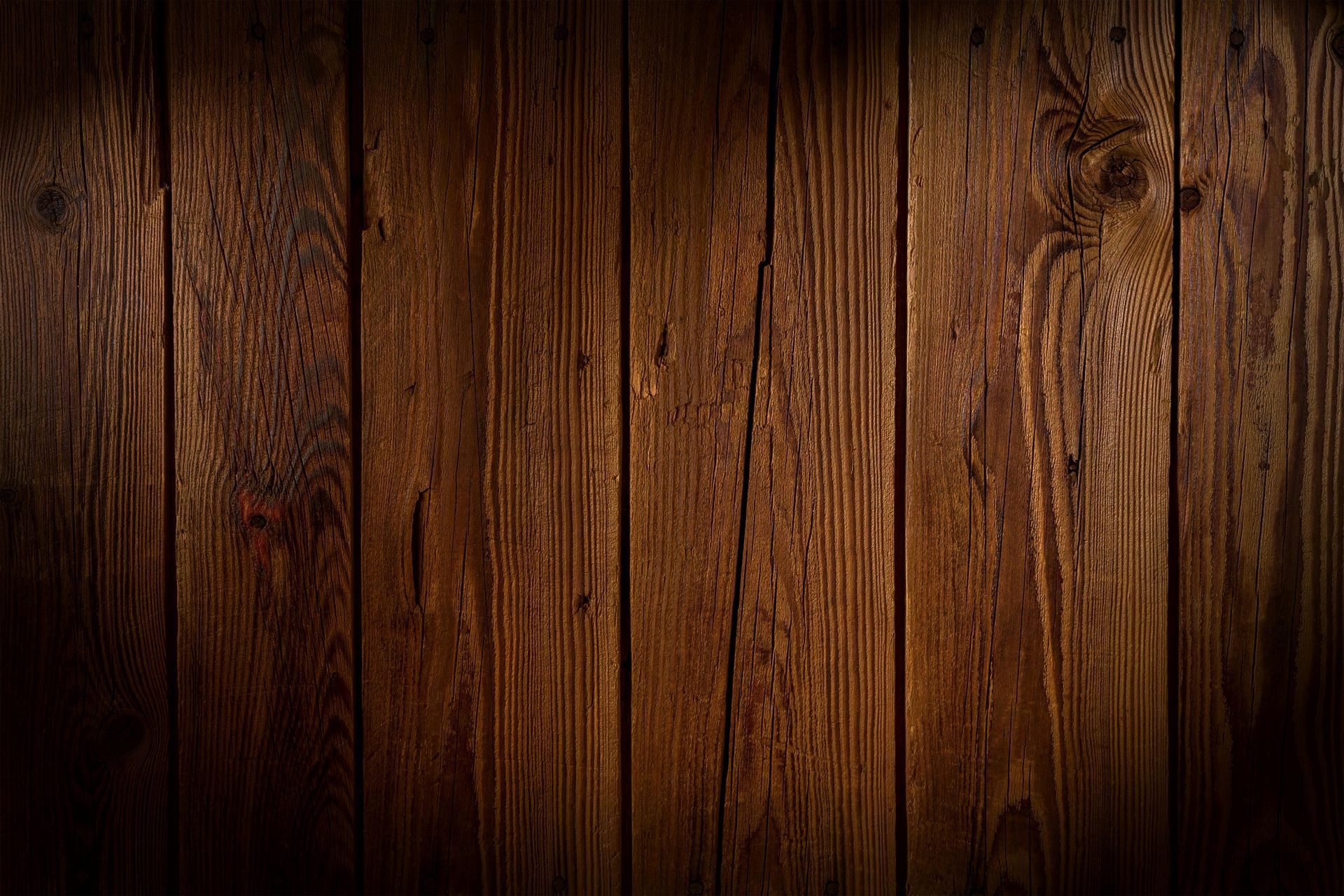
Engineered hardwood is a flooring material that consists of a thin layer of real hardwood (veneer) adhered to a core of plywood or high-density fiberboard (HDF). Unlike solid hardwood, which is made from a single piece of wood, engineered hardwood is designed to provide greater stability and resistance to moisture-related issues. Here are some key features and considerations to help you determine if engineered hardwood makes sense for your house: Key Features: Structural Stability: Engineered hardwood is more resistant to changes in temperature and humidity compared to solid hardwood. Its layered construction helps minimize expansion and contraction, making it suitable for various environments, including basements and areas with fluctuating moisture levels. Installation Options: Engineered hardwood can be installed in several ways, including floating, glue-down, or nail-down methods. This versatility makes it suitable for different subfloor types and installation preferences. Appearance: The top layer of engineered hardwood is real wood, providing an authentic and natural look. It is available in various wood species, finishes, and styles, offering a wide range of aesthetic options to complement your home's decor. Versatility: Engineered hardwood can be installed on different levels of your home, including basements, as its structure is less prone to warping or buckling in humid conditions. Compatibility with Radiant Heating: Engineered hardwood is often compatible with radiant heating systems, providing an additional level of comfort in your home. Considerations: Cost: While engineered hardwood can be more cost-effective than solid hardwood, high-quality engineered hardwood can still be relatively expensive. However, the cost savings in installation and potential long-term durability may outweigh the initial investment. Refinishing Limitations: The thickness of the hardwood veneer on engineered flooring determines how many times it can be refinished. Thicker veneers allow for more refinishing, but many engineered hardwood floors have a thinner veneer compared to solid hardwood. Moisture Resistance: While engineered hardwood is more resistant to moisture than solid hardwood, it is not entirely immune. Excessive moisture can still lead to damage, so it's important to address spills promptly and maintain a controlled indoor environment. Perception of Value: Some homeowners may place a higher value on solid hardwood due to its traditional perception and the ability to sand and refinish multiple times. However, the improved stability of engineered hardwood can make it a practical choice for many households. Conclusion: Engineered hardwood can be a suitable and practical flooring choice for many homes, especially those in areas with fluctuating humidity levels or in basements. It combines the beauty of real wood with enhanced stability, offering a versatile and durable flooring option. Consider factors such as your budget, lifestyle, and aesthetic preferences when deciding if engineered hardwood makes sense for your house.
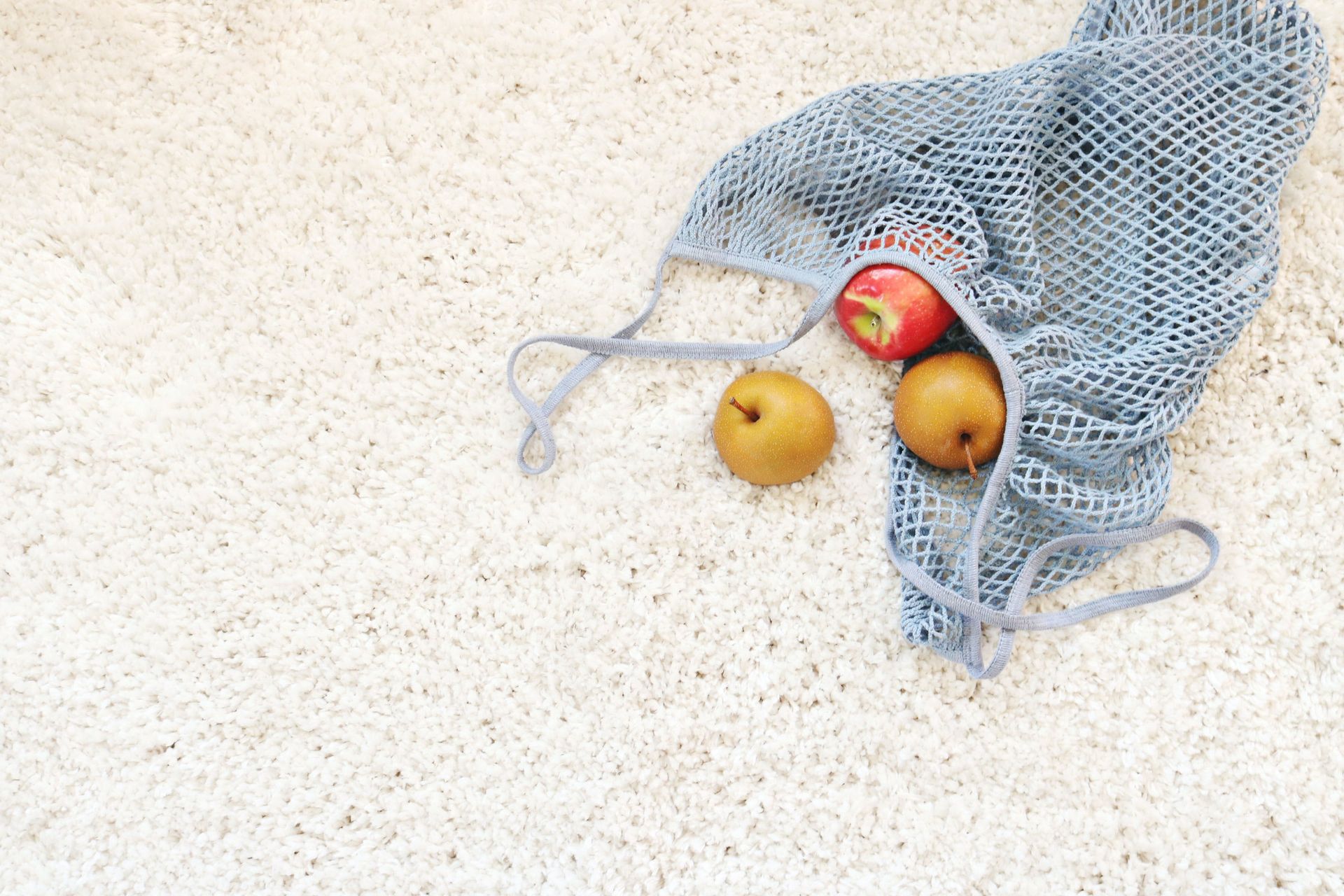
Selecting the right carpet for your house involves several considerations to ensure that it meets both your aesthetic preferences and practical needs. Here are five important factors to consider: 1.) Material: Carpets come in various materials, each with its own set of characteristics. Common materials include wool, nylon, polyester, and olefin. Wool is known for its durability and luxurious feel but tends to be more expensive. Nylon is resilient and easy to clean, making it a popular choice. Polyester is often more budget-friendly but may not be as durable as nylon. Olefin is resistant to moisture and stains, making it suitable for areas prone to spills. 2.) Durability: Consider the level of foot traffic in the areas where you plan to install the carpet. For high-traffic areas like living rooms and hallways, you'll want a durable carpet that can withstand wear and tear. Look for carpets with a high twist level in the fibers, as this can contribute to durability. Additionally, consider the carpet's density, which refers to how closely the fibers are packed together. Higher density often correlates with increased durability. 3.) Style and Color: The style and color of the carpet can significantly impact the overall aesthetic of a room. Choose a style that complements your decor and personal taste. Lighter colors can make a room feel more spacious, while darker colors may better hide stains and dirt. Consider the design of the carpet as well, whether it's a solid color, a pattern, or a textured finish. 4.) Maintenance and Cleanability: Different carpet materials and styles have varying levels of maintenance requirements. Consider your lifestyle and how much time and effort you are willing to invest in cleaning and maintenance. Some carpets are more stain-resistant and easier to clean than others. Carpets with stain-resistant treatments or built-in soil and stain protection can be beneficial, especially in homes with pets or children. 5.) Budget: Establish a budget for your carpet purchase, taking into account not only the cost of the carpet itself but also any additional expenses such as installation and padding. While it's essential to stay within your budget, also consider the long-term investment value. Spending a bit more for a higher quality, durable carpet may save you money in the long run by reducing the need for early replacement. Remember that it's essential to strike a balance between your aesthetic preferences and the practical requirements of the space to ensure you choose a carpet that enhances both the look and functionality of your home.
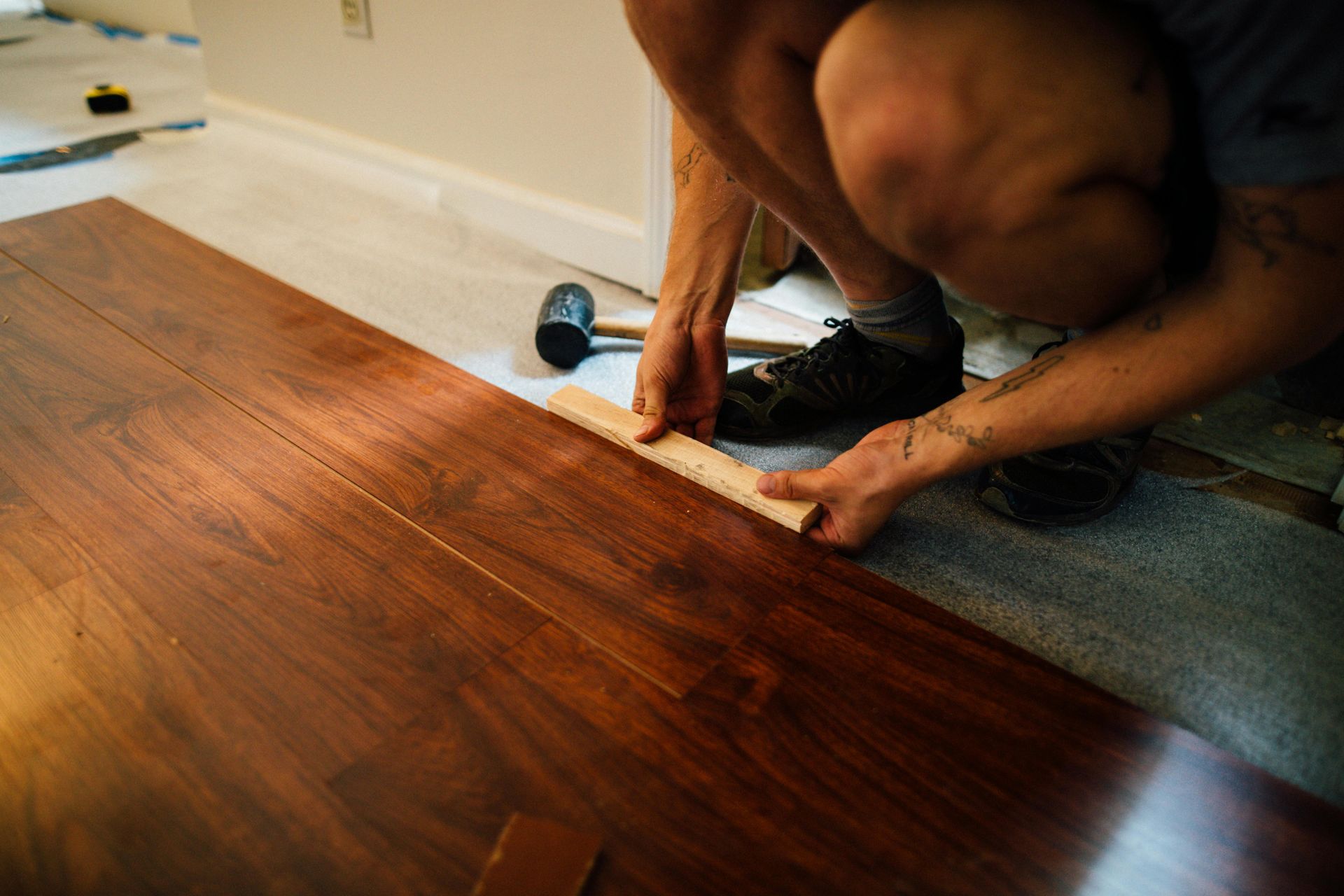
Laminate flooring and vinyl plank flooring are both popular choices for homeowners looking for durable and affordable options that mimic the look of hardwood or other natural materials. However, there are some key differences between the two: Material Composition: Laminate Flooring: Laminate consists of a core of high-density fiberboard (HDF) or medium-density fiberboard (MDF) with a photographic layer that simulates wood or other materials. It is typically covered with a clear wear layer for protection. Vinyl Plank Flooring: Vinyl plank flooring is made from polyvinyl chloride (PVC) and has multiple layers, including a backing layer, a core layer, a high-resolution photographic layer to mimic the desired look (such as wood), and a protective top layer. Water Resistance: Laminate Flooring: While laminate flooring is somewhat resistant to moisture, it is not as water-resistant as vinyl plank. Prolonged exposure to water can cause the core to swell and damage the floor. Vinyl Plank Flooring: Vinyl plank is generally more water-resistant and can withstand moisture better than laminate. This makes vinyl plank a better choice for areas prone to spills or high humidity, such as bathrooms and kitchens. Installation: Laminate Flooring: Laminate is typically installed using a click-and-lock or tongue-and-groove system. Some laminate floors require an underlayment for additional support and sound absorption. Vinyl Plank Flooring: Vinyl plank often comes with a click-and-lock installation system, making it easy for DIY installation. It can be installed directly over most existing floors, and some varieties have a peel-and-stick backing for even simpler installation. Durability: Laminate Flooring: Laminate is durable and resistant to scratches and dents, but it can still be susceptible to damage from heavy furniture, sharp objects, or excessive moisture. Vinyl Plank Flooring: Vinyl plank is known for its durability and resistance to scratches, dents, and stains. It is a good choice for high-traffic areas and homes with pets. Appearance and Texture: Laminate Flooring: Laminate can have a more realistic wood look due to its high-resolution photographic layer. However, some people may find that it feels harder and colder underfoot compared to vinyl. Vinyl Plank Flooring: Vinyl plank comes in a variety of styles and textures, including options that mimic wood, stone, or tile. It can have a softer and warmer feel than laminate. Ultimately, the choice between laminate and vinyl plank flooring depends on your specific needs, preferences, and the conditions in the room where you plan to install the flooring.

